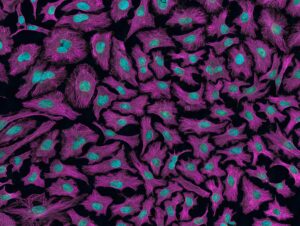
It’s well known that Google, Facebook and dozens of other companies mine the browsing histories of their users and use that data for advertising. But imagine what we might learn if we homed in on the browsing history of medical students browsing clinical research sites during their studies?
That’s exactly the idea behind a new browser extension called Batea, recently released by the company DocGraph.
The data collected will be shared with Wikipedia for WikiProject Medicine, which focuses on updating medical and health content on Wikipedia. With its crowdsourced platform, Wikipedia content may not be ideal for journalists to rely on, but its 25,000-plus medical articles do get 200 million views per month. In fact, in its press release, DocGraph cites a 2014 study finding that Wikipedia is the single leading source of medical information for patients AND health care professionals. DocGraph is founded by Fred Trotter, an AHCJ member who has been working for years to make big data accessible and useful from the consumer side.
Eventually the data gathered through the Batea project will be available to health care journalists, Trotter said. “DocGraph is a health care data journalist organization, and it is our mission to provide journalists with the data about the health care system. There are a few reasons why we might have data that is not provided automatically to any journalist who asks for it, such as protecting patient/contributor privacy, but given a very short list of caveats, everything else we do is available at no charge to journalists.”
I asked Trotter more about Batea and how it might serve journalists in the future. See what he had to say about the project.









